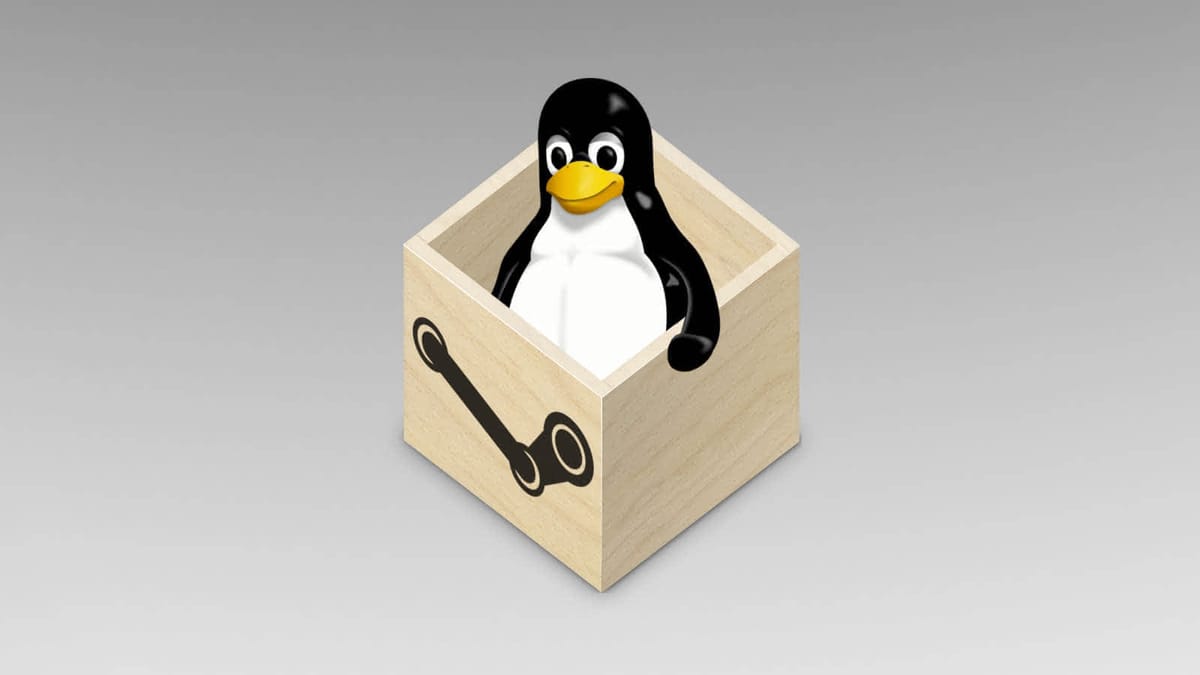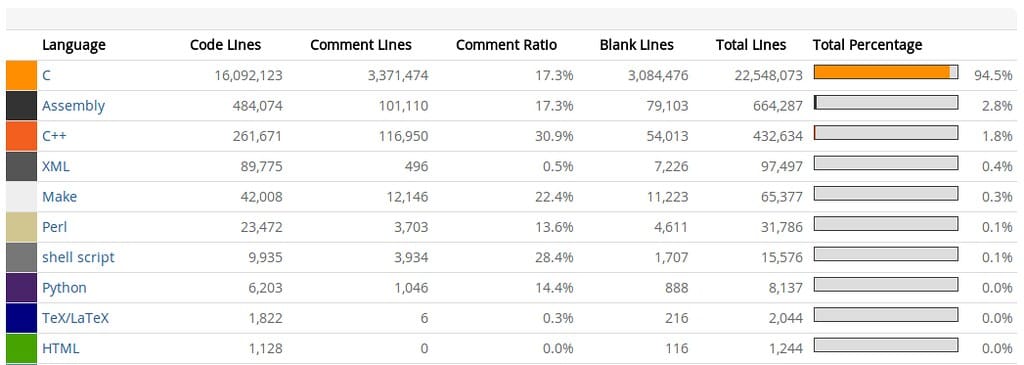Linux Kernel May Soon Reveal Every Line of AI-Generated Code
A proposed patch could make the Linux kernel the first major open-source project to mandate full disclosure of AI-assisted development, sparking intense debate about transparency, liability, and the future of collaborative coding.
The Linux kernel development community is wrestling with a groundbreaking proposal that could fundamentally change how artificial intelligence is used in one of the world's most critical software projects. A recent patch submission suggests implementing mandatory disclosure requirements for any code generated or significantly modified by AI tools, potentially making Linux the first major open-source project to draw such a clear line in the digital sand.
The Transparency Push
The proposal, which emerged from discussions on the Linux Kernel Mailing List (LKML), would require developers to explicitly mark any code contributions that involved AI assistance. This includes everything from GitHub Copilot suggestions to ChatGPT-generated functions, even if the AI-produced code underwent substantial human review and modification.
"We need to know what we're accepting into the kernel," explained one kernel maintainer in the discussion thread. "The provenance of code has always mattered, but AI introduces new questions about copyright, liability, and long-term maintainability that we've never had to address before."
The proposed system would use special tags in commit messages and documentation to identify AI-assisted code, creating an auditable trail of artificial intelligence involvement in kernel development.
Why This Matters Now
The timing of this proposal isn't coincidental. AI coding assistants have seen explosive adoption among developers, with GitHub reporting that over 1.3 million developers actively use Copilot as of 2024. Meanwhile, studies suggest that AI-generated code now comprises anywhere from 20% to 40% of new code in many commercial projects.
For the Linux kernel—which powers everything from smartphones to supercomputers—the stakes are particularly high. Any bugs, security vulnerabilities, or licensing issues in kernel code can have cascading effects across the entire technology ecosystem. The kernel serves as the foundation for Android devices, cloud infrastructure, and countless embedded systems worldwide.
The Technical Challenges
Implementing AI disclosure requirements presents several thorny technical and philosophical questions. How much AI assistance triggers the disclosure requirement? If a developer uses an AI tool to generate a function but then rewrites 80% of it, should it still be marked as AI-assisted?
The proposal suggests erring on the side of over-disclosure, requiring tags even for minor AI contributions. Critics argue this approach could create administrative overhead that slows development without providing meaningful benefits.
"Drawing arbitrary lines about what constitutes 'AI assistance' is going to be nearly impossible," noted one veteran kernel developer. "Are we going to flag code written with smart autocomplete? What about AI-powered debugging tools?"
Industry Implications
If adopted, Linux's approach could set a precedent that reverberates throughout the software industry. Other major open-source projects are closely watching the kernel community's decision, with several maintainers of critical projects like Apache, PostgreSQL, and Mozilla indicating they're considering similar measures.
The move also raises questions about competitive dynamics. While open-source projects debate mandatory disclosure, proprietary software companies face no such requirements, potentially creating an uneven playing field in terms of development velocity and transparency obligations.
Legal and Ethical Considerations
Beyond technical implementation, the proposal touches on fundamental questions about code ownership and liability. Current AI models are trained on vast repositories of existing code, raising ongoing concerns about copyright infringement and intellectual property rights.
Legal experts note that explicit AI disclosure could actually provide better legal protection for projects by creating clear documentation of code provenance. However, it might also make AI-assisted code an easier target for copyright claims.
The Path Forward
The Linux kernel community operates on consensus-building and rigorous technical discussion. While no final decision has been made, the proposal has generated substantial support from security-focused developers and some resistance from those concerned about implementation complexity.
Linus Torvalds himself has remained relatively quiet on the specific proposal, though he has previously expressed cautious optimism about AI tools while emphasizing the continued importance of human oversight in kernel development.
What This Means for Developers
Whether or not Linux adopts these requirements, the discussion signals a broader shift in how the software industry thinks about AI transparency. Developers working on critical infrastructure projects should prepare for increased scrutiny around AI tool usage and be ready to document their development processes more thoroughly.
The Linux kernel's decision could ultimately define how the next generation of software is built, setting standards for transparency that balance innovation with accountability in an AI-driven development landscape.

